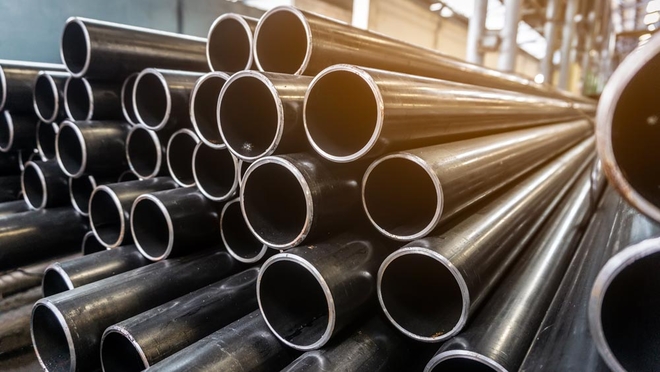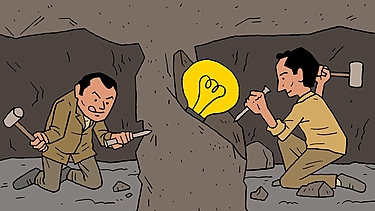
Imagine turning Rs 10,000 into Rs 4.5 lakh. Sounds like the premise of a Ponzi scheme. Yet, this transformation is a reality for investors who placed their faith in JSW Steel 20 years ago. Over the past two decades, the value of this steel manufacturer has compounded 21 per cent annually.








